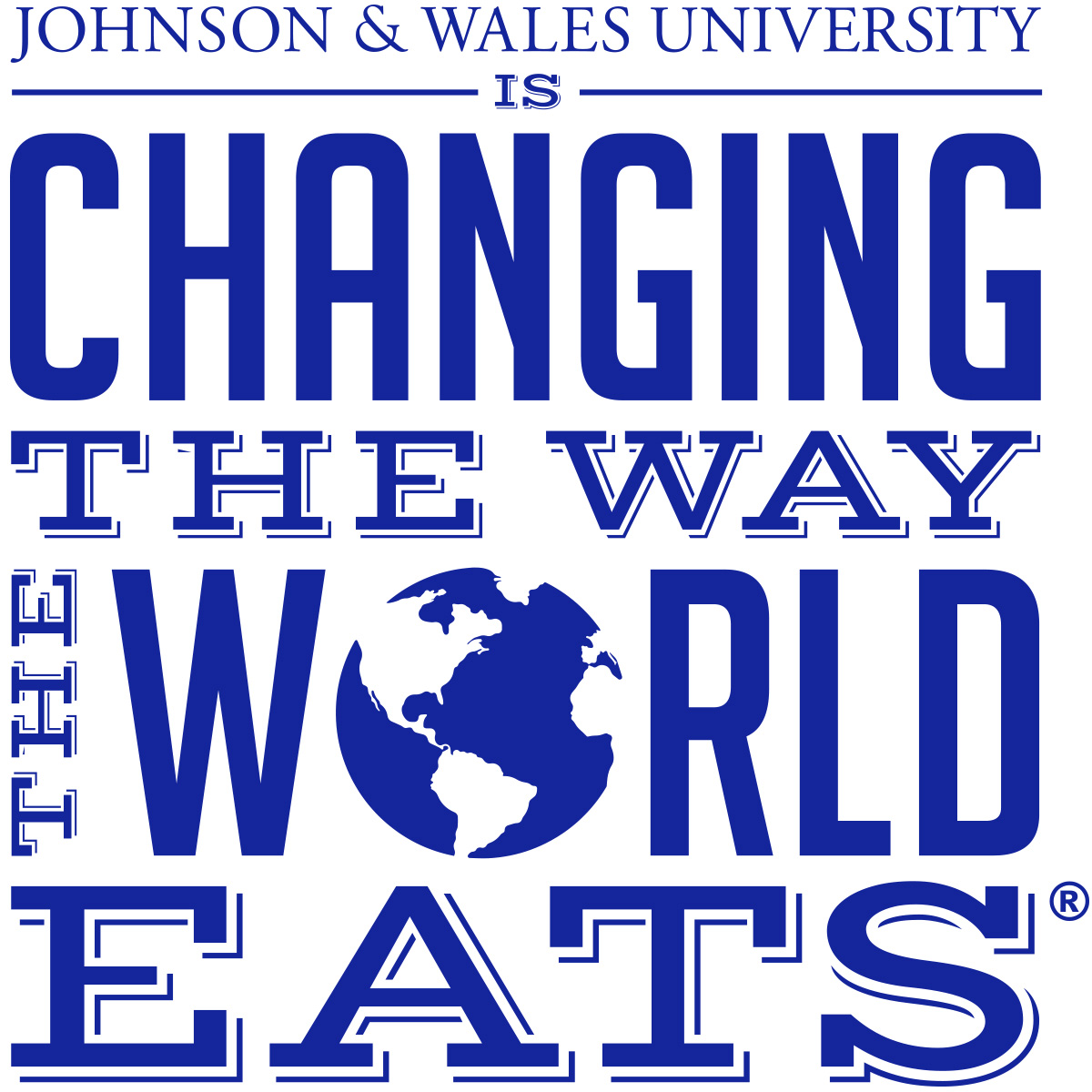About Us
Mission
Since its founding in 1973 with an enrollment of 141 students, the Johnson & Wales University (JWU) College of Culinary Arts has become a recognized leader, worldwide, in culinary education. During the past three decades, JWU's culinary academic programs have evolved to include a Bachelor of Science degree in culinary nutrition, allowing graduates to compete with the changing employment demands.
Today, with a culinary alumni force of more than 40,000, the university continues to impact the food industry through its graduates who are executive chefs, research chefs, nutritionists, dietitians, food service managers, entrepreneurs and business leaders.
Our eating habits and the food industry are evolving at a rapid pace. Consumers have been blitzed by conflicting information on what's good and not good to eat. To cut through the confusing clutter, consumers, educators, and business leaders recognize that Johnson & Wales University is a relevant and reliable knowledge leader – a food authority – making a positive impact on society's food decisions, industry choices, and health and well-being.
Through knowledge and collaboration, Johnson & Wales University is changing the way the world eats.
Collaborations
The intersection where food, nutrition, health and medicine meet has been generating much traffic in cross-disciplines recently. Johnson & Wales University is – at this junction – working with several notable institutions of higher learning in the fields of medicine.
JWU Providence Campus with Tulane University School of Medicine
In 2012, a groundbreaking collaboration was established between the Tulane University School of Medicine and Johnson & Wales University. The two universities designed a program that would enable Tulane's medical students to study at JWU's College of Culinary Arts, and JWU's culinary nutrition students to intern at the medical school. For the first time, a medical school and a major culinary institution implemented a joint curriculum for doctors, medical students, chefs and the community focused on the significance that food choices and nutrition play in preventing and managing obesity and associated diseases. From this initial collaboration, The Goldring Center for Culinary Medicine at Tulane University was established, making it the first dedicated teaching kitchen to be implemented at a medical school.
JWU Providence Campus and Brown University Warren Alpert Medical School
Food + Health, a pre-clinical elective for Brown University medical students, offers a curriculum incorporating nutrition, science, culinary arts, and clinical skills. Topics include metabolic syndrome, inflammation diseases, weight loss, and the essentials for a healthy lifestyle. JWU's student Culinary Nutrition Society has a key role as its members guide the Brown students in culinary techniques, vocabulary, food safety, and industry standards. Brown students will apply the concepts they’ve learned throughout the course to the execution of menus that have been created by the culinary students and have been designed to contain the nutrients and balance that respond to the medical needs of a particular condition.
JWU Denver Campus and the University of Colorado (CU) School of Medicine
Starting March 2015, the University of Colorado School of Medicine began offering an elective course in culinary medicine in collaboration with the Denver Campus of Johnson & Wales University. Hosted at JWU’s College of Culinary Arts production kitchens, the culinary medicine course is designed to provide future physicians with a stronger foundation to counsel patients on health and nutrition. This hands-on course is taught by professors from the CU medical school and JWU culinary nutrition department, assisted by JWU culinary nutrition student chefs, so that medical students can develop their skills and knowledge to assist their future patients with diet-related medical problems.
JWU Charlotte Campus and University of North Carolina (UNC) Nutrition Research Institute
In February 2015, a partnership between JWU and the UNC Nutrition Research Institute began with a presentation by the Institute’s director, world-renowned nutrition scientist Steven Zeisel MD, PhD, to JWU College of Culinary Arts faculty. Dr. Zeisel explained the concepts of epigenetics – the study of how genes can be affected by environmental factors that contribute to disease or health – and how nutrition acts on our epigenome to switch genes on and off to make us ill or well. The UNC Nutrition Research Institute (NRI) is exploring personalized nutrition for optimal health. The NRI’s partnership with JWU is a natural fit, emphasizing the importance of nutrition in the art of cooking.
